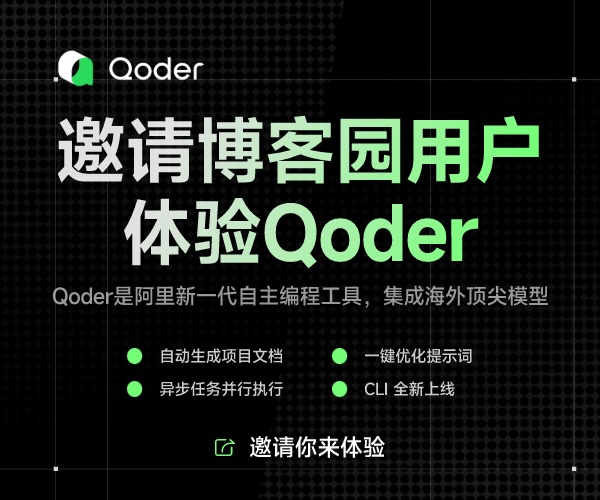tcp連接后就可以異步讀數據了,如:
asio::async_read(socket...
如果remote endpoint關閉,此時再發起asio::async_read會出現錯誤,提示"系統找不到指定的文件",實際上是socket已經無效了,錯誤號2,自然不能從socket上讀取數據。
1. socket.local_endpoint() 返回的ip是 "0.0.0.0", 而不是本機IP地址,0.0.0.0 is the "any" address
要獲取本機IP請參考:
 tcp::resolver resolver(io_service);
tcp::resolver resolver(io_service); tcp::resolver::query query(host_name(), "");
tcp::resolver::query query(host_name(), ""); tcp::resolver::iterator iter = resolver.resolve(query);
tcp::resolver::iterator iter = resolver.resolve(query);
2. io_service.run()阻塞問題
Actually, io_service.run() blocks if it has "work" to do.
In general, "work" means an unfinished asynchronous operation.
3. Async Chat example questions, why post()?
|
4. 線程安全
|
Re: [asio-users] Thread Safety: Shared objects: Unsafe.
From: Christopher Kohlhoff <chris@ko...> - 2007-01-26 22:39 |
| Hi Boris, On Fri, 26 Jan 2007 14:21:08 +0000 (UTC), "Boris" <monade@gm...> said: > Hi, What does the statement above from the docs mean for asio objects? > Is it allowed to call two different member functions of a shared > object from two different threads? No. > Or is it generally unsafe to access a shared object from different > threads concurrently? Yes. Only objects marked "Shared objects: Safe" can be accessed from different threads concurrently. An io_service object provides this level of safety, for example. > My use case is to run a gui in the main thread and doing asio stuff in > a secondary thread. For syncing I use io_service::post for one > direction and gui event handling for the other. > > For example: > 1. Is it safe to call basic_datagram_socket::close() from the main > thread while a secondary thread is running the socket? If by running the socket you mean accessing any member functions of the socket (async_send, async_receive or whatever) then this is not safe. > 2. Same question for basic_deadline_timer::cancel(). Or do I have to > wrap this call with ioService.post( boost::bind( > &deadline_timer::cancel, &myTimer))? Again, calling cancel() directly is not safe. For both 1 and 2, a good solution is to do as you suggest and use io_service::post() to ensure that all operations are performed in the one thread. > asio objects have lots of member functions. How do I know which ones > are safe to use concurrently in the described sense? For the moment, you should consider none of the member functions safe to use concurrently. However, in the future there will probably be a change to asio's guarantees to specify that concurrent "read" operations are safe. This is being discussed by the C++ committee with respect to threads support in C++. What a "read" operation means is yet to be defined, but is probably a const member function. In this case, the socket and timer objects would provide the following thread-safety guarantees: write + write: unsafe read + write: unsafe read + read: safe (Asio objects may already meet this requirement, but I have not yet audited the code to make sure.) In any case, as both basic_datagram_socket::close() and basic_deadline_timer::cancel() are write operations you would still have to do something like io_service::post() to make it safe. Cheers, Chris |

